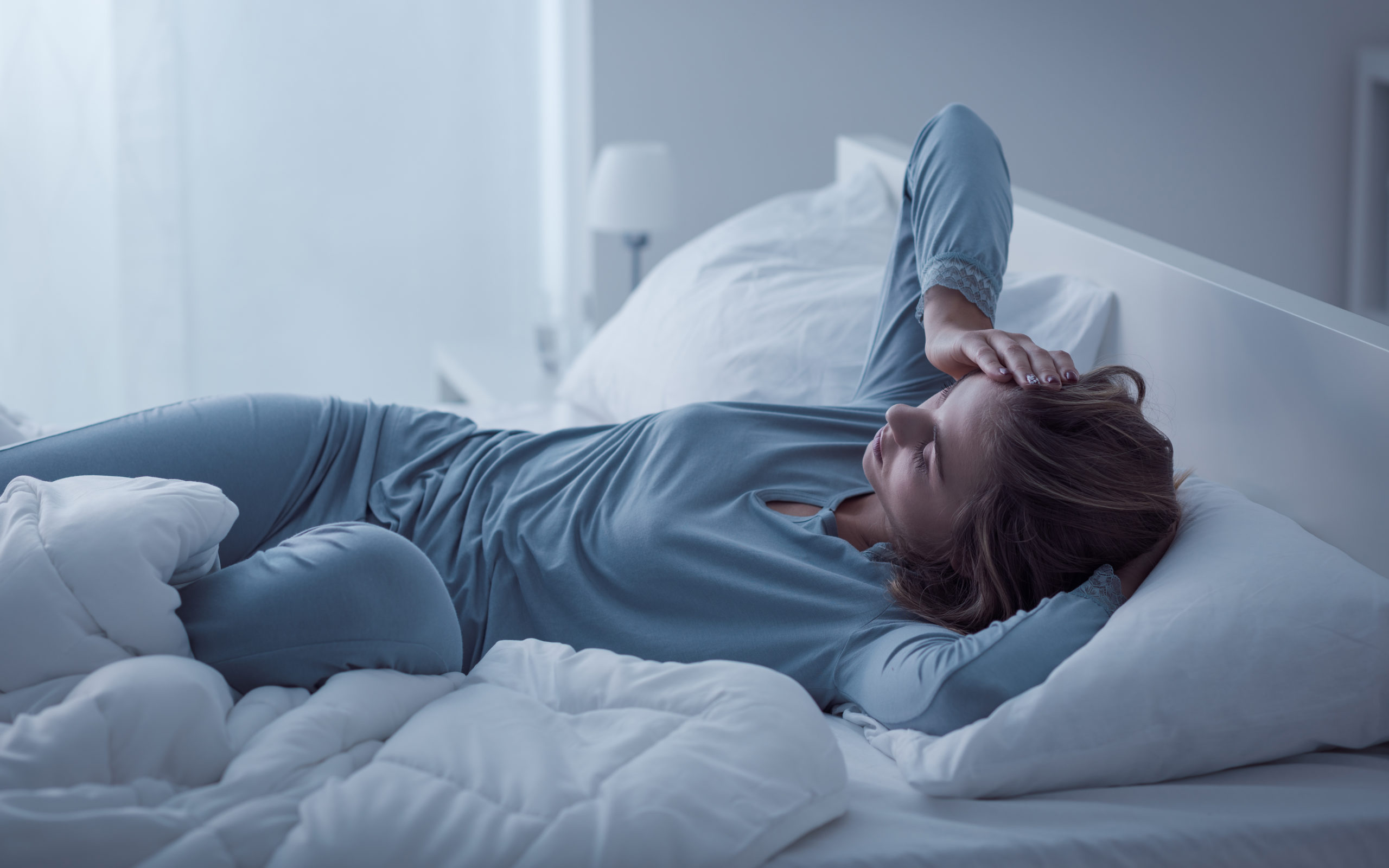What’s Keeping the World Up at Night? See What this 2022 Global Survey Says

How have you been sleeping? If your answer is not well, you’re not alone – upwards of 50 percent of the world’s adult population experiences sleeping problems.
Sleep is vital for healthy living. It helps your body function during the day and recover at night. If you don’t get enough sleep, you may struggle to perform at your best. In the long term, poor sleep can contribute to heart diseases, depression, diabetes, obesity, alcohol use disorder, and other serious conditions.
So what’s keeping the world up at night? Let’s find out.
Six Reasons Why We’re Not Sleeping Well
ResMed’s 2022 Global Sleep Surveys asked 25,000 participants in 12 countries why they’re not sleeping well. Here’s what the results say.
1. Stress
Many survey respondents called out stress as a main sleep disruptor when the pandemic started in 2020.
Stress can contribute to a poor night’s sleep and suboptimal daytime functioning. And when you’re not getting enough sleep, it can even make you feel more stressed too, creating a vicious sleep-stress cycle. A 2020 study also observed that high stress levels could result in poor sleep quality.
When you’re stressed, you may show symptoms that affect your ability to wind down and fall asleep. Some of these symptoms include:
- Rapid breathing
- Increased heart rate
- Tensed muscles
- Headache
- Elevated blood pressure
- Stomach pain
- Bloating
- Heartburn
- Nausea
2. Depression and Anxiety
Another reason the world is struggling to get the sleep they need? Many people are experiencing symptoms of anxiety and depression and it’s likely keeping them up at night.
According to the ResMed Surveys, 38 percent of respondents in the US said they couldn’t sleep well because of depression and anxiety.
Depression and anxiety are mental health problems that can contribute to sleep problems. A 2019 review on depression in sleep disturbances noted that people who are depressed often experience sleep disturbances. About 90 percent of people with depression also have sleep problems like sleep-disordered breathing, insomnia, narcolepsy, and restless legs syndrome. The review suggests that poor sleep is associated with depression and is a risk factor for depression.
Similarly, a 2021 study suggests a strong link between anxiety and stress, poor sleep quality, and poor sleep habits.
3. Family Pressure
Feelings of comfort, security, and calm are essential for restful sleep. But when there’s conflict at home, you may struggle to feel this.
Respondents of the surveys reported family pressures as another reason why they couldn’t sleep.
A 2012 study that looked at the influence of family relationships on sleep quality suggests that family support may improve sleep, and family strain or pressure may cause sleep troubles.
4. Work-Related Concerns
When you have problems at work, it might become all-consuming. You may worry about that challenging project, a hectic workload, a critical boss, or an anxiety-inducing presentation when you’re in bed trying to fall asleep. Even when you fall asleep, these work problems may linger and cause restless sleep throughout the night. You may wake up feeling more tired than the previous night or unprepared to tackle the day.
Some ResMed Survey participants reported that work-related concerns kept them up at night. Also, a 2016 study suggests that stressful work experiences can lower sleep quality. Likewise, a 2018 study observed that work stressors are associated with problems sleeping at night and poor daytime functioning.
5. Financial Pressures
Participants of the ResMed Survey also cited financial troubles as one of the reasons they didn’t sleep well.
When a person struggles to pay their bills and buy things they want or need, sleeping may be the last thing on their mind, even when it’s time for bed. A 2019 study observed that people with too much debt were more likely to have sleep problems and use sleep medications. Being in debt increased the risk of having difficulties falling and staying asleep and using sleep medications.
6. Undiagnosed Sleep Problems
The Resmed Survey found that although 52 percent of Americans said they snore, only 33 percent were concerned that it may be related to a sleep disorder.
Sometimes when people have trouble sleeping or experience unrefreshing sleep, it may be due to an untreated sleep disorder. Examples of sleep disorders that disturb night’s rest are:
- Restless Legs Syndrome (RLS)
- Narcolepsy
- Sleepwalking
- Sleep apnea
If you can’t remember the last time you slept and woke up feeling refreshed, it may be that you’re not sleeping well. If you’re worried or stressed out about work, finances, or family problems, practice relaxation activities like journaling, deep breathing, meditation, light yoga, or aromatherapy. These activities can help you relax and put you more at ease and away from your stressors. There are also plenty of daytime activities you can do well before the day ends that can all contribute to a better, happier night of sleep.
Sleep well!